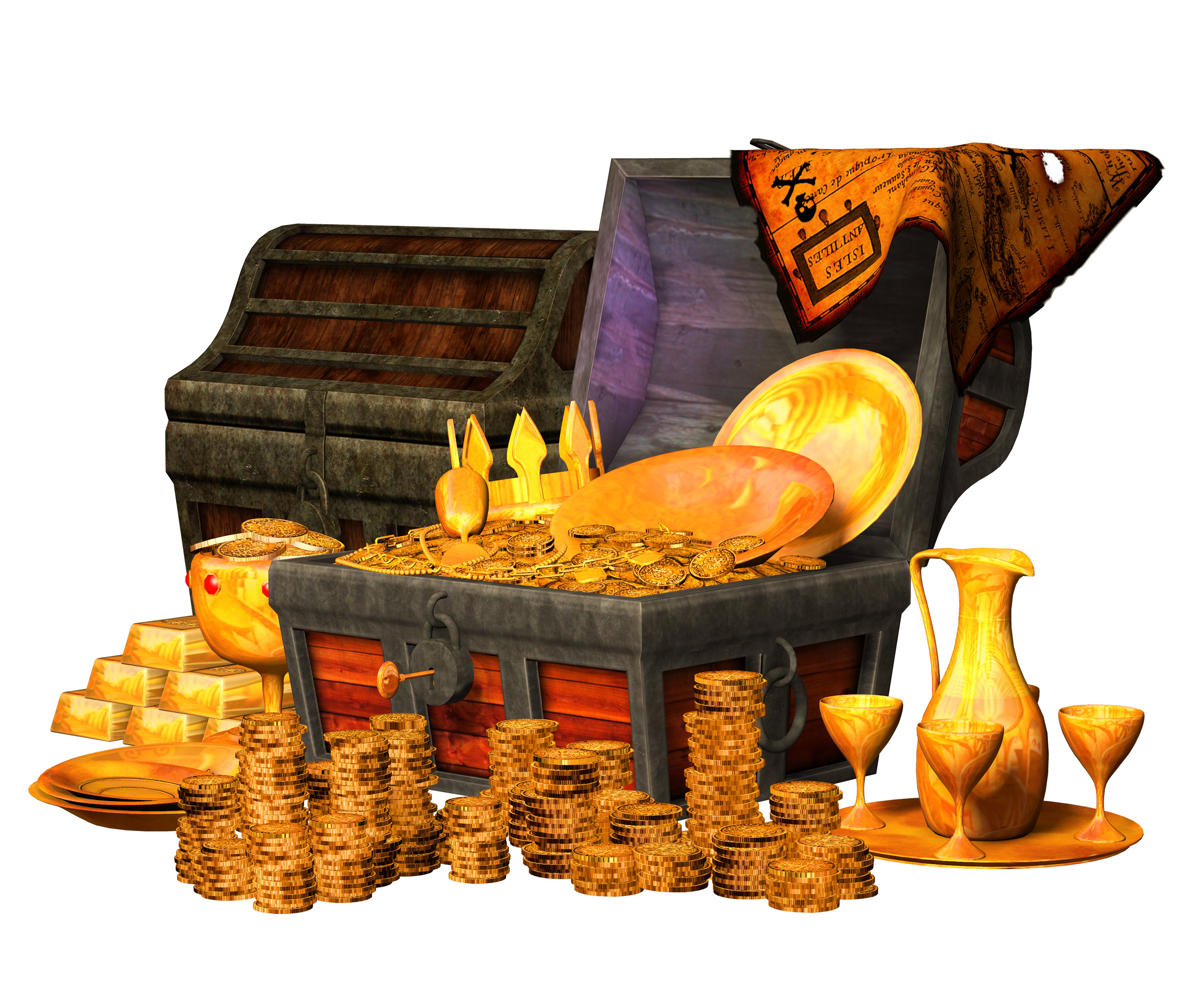Hebrews 8:8, Finding fault with them. What was the fault of the first covenant? The Torah-law of Elohim, or the people who failed to abide by the terms of the covenant, i.e, the Torah? The next verse gives us the answer: “because they continued not in my covenant…” The Israelites were at fault.
YHVH gave Israel his Torah-laws (or instructions in righteousness) to teach them how to love him and to love their neighbors (Mark 12:29–31). If they followed his Torah-instructions, he promised to bless them (Deut 28:1–14), and declared that all would go well with them (Deut 4:30). Of course, we know the sad history of ancient Israel and how they rebelled against YHVH again and again. There was nothing wrong with his Torah laws, which said, you shall not murder, steal, commit adultery, lie, covet, kidnap, commit homosexuality or incest, worship false gods, take YHVH’s name in vain, keep his Sabbaths, don’t practice divination, honor your parents and so on. What’s wrong with these? Nothing. The fault was with the people who failed to abide by these standards of righteousness, and this is exactly what the author of Hebrews is saying here. Because the people broke their contractual or covenantal agreement with YHVH and literally abandoned him for false gods, he was forced to make a new covenant with other people who would have the heart and love and obey him. This is exactly what Jeremiah prophesied would occur, and the writer of Hebrews is simply quoting Jeremiah in this passage. What is the main difference between the first and second covenants? As the Israelites of old didn’t have the heart to obey YHVH because of the hardness (or carnality) of their hearts (Heb 3:8, 15; 4:2, 7), YHVH promised through Jeremiah to renew his covenant with the descendants of the ancient Israelites (i.e., the house of Israel and the house of Judah, Jer 31:31; Heb 8:8), but this time, by his Spirit, he would write his Torah-laws on their hearts and in their inward parts, so they wouldn’t resist obeying him, but would desire to be pleasing in his sight. So the fault was with the hard-hearted Israelites, not with YHVH standards of righteousness called his Torah-laws!




